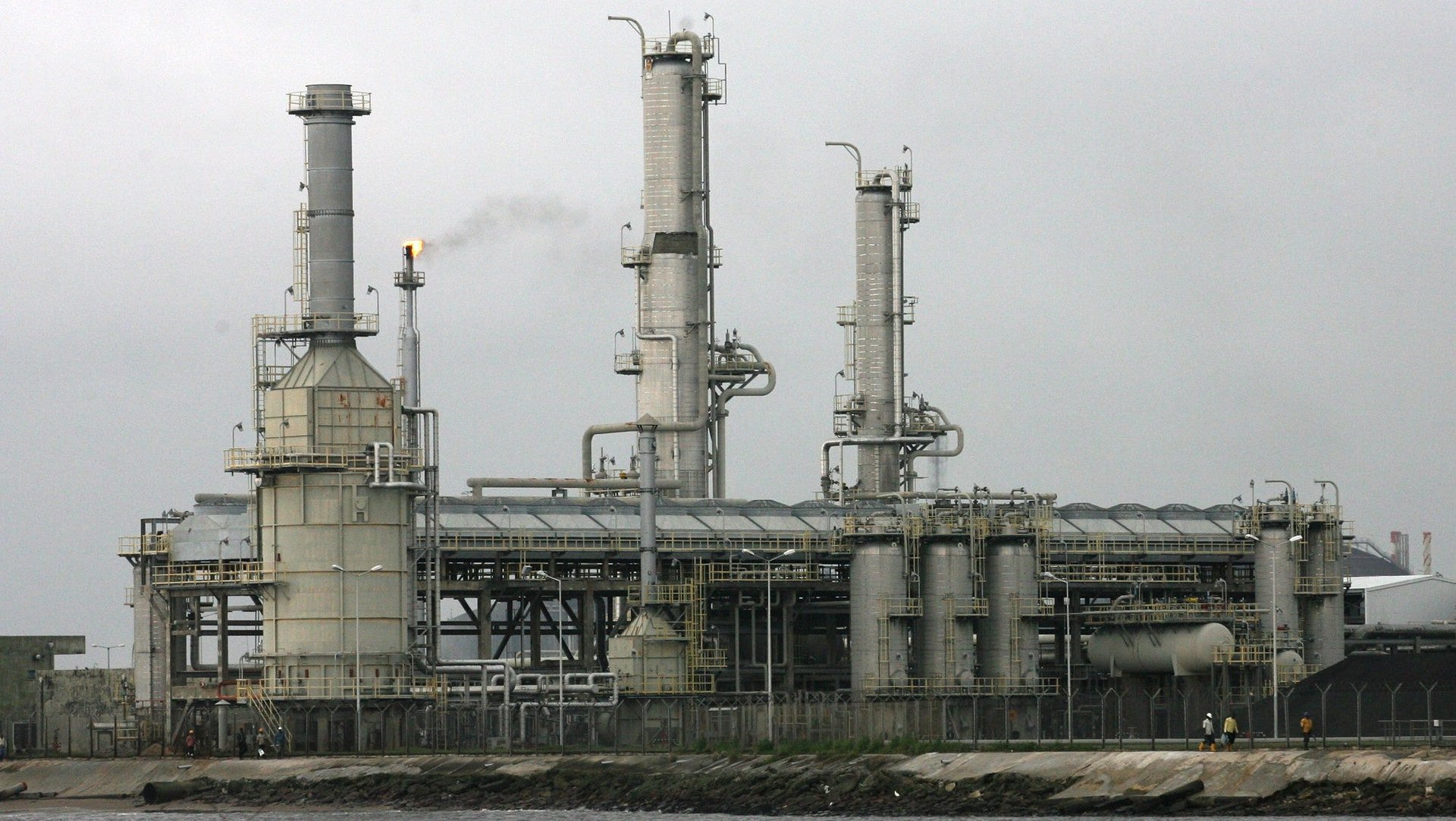Nigeria will have to negotiate with Niger Delta Avengers—the militants hobbling its oil exports
To stop a recent spate of attacks on oil facilities, Nigeria will attempt to negotiate with Niger Delta Avengers, a militant group in its oil-rich South. Ibe Kachikwu, the country’s minister of state for petroleum, confirmed president Muhammadu Buhari has “appointed a team” to start off a process of “very intensive dialogue” with the militants.


To stop a recent spate of attacks on oil facilities, Nigeria will attempt to negotiate with Niger Delta Avengers, a militant group in its oil-rich South. Ibe Kachikwu, the country’s minister of state for petroleum, confirmed president Muhammadu Buhari has “appointed a team” to start off a process of “very intensive dialogue” with the militants.
To facilitate the process of dialogue, Kachikwu says the Nigerian military will “descale the intensity of military intervention in the area within a week or two so that dialogue can take place.” Nigeria’s president Buhari had earlier directed the army to stamp out the group’s activities in line with his administration’s previously stated policy of treating pipeline vandals and saboteurs like “terrorists”. But the government’s overtures to secure a negotiation have not had the desired effect as the group has ruled out talks.
The Niger Delta Avengers have gained prominence since the turn of the year following attacks on oil facilities as part of a stated goal to “cripple the Nigerian economy”. The group’s attacks, which have also targeted gas pipelines, have affected Nigeria’s fragile electricity generation and distribution infrastructure resulting in lengthy blackouts across the country. Crucially, the attacks have also resulted in a steep dip in Nigeria’s oil exports which fell to a 20-year low last month and helped drive up global oil prices to a 2016 high.
Kachickwu says the group’s attacks have cost Nigeria “about 600,000 barrels” daily (valued at around $30 million based on current oil prices). This loss critically affects Nigeria’s fiscal plans as its national budget was planned with an oil export capacity of 2.2 million barrels daily as a basis for revenue.
A negotiation with a militant group in Nigeria’s oil-rich South is not without precedent. Following a spate of violence involving attacks on oil pipelines as well as kidnapping of expats by militant groups in the late 2000s, the Nigerian government met and negotiated with the groups, resolving to pay monthly stipends and provide vocational training in exchange for them to lay down their arms.